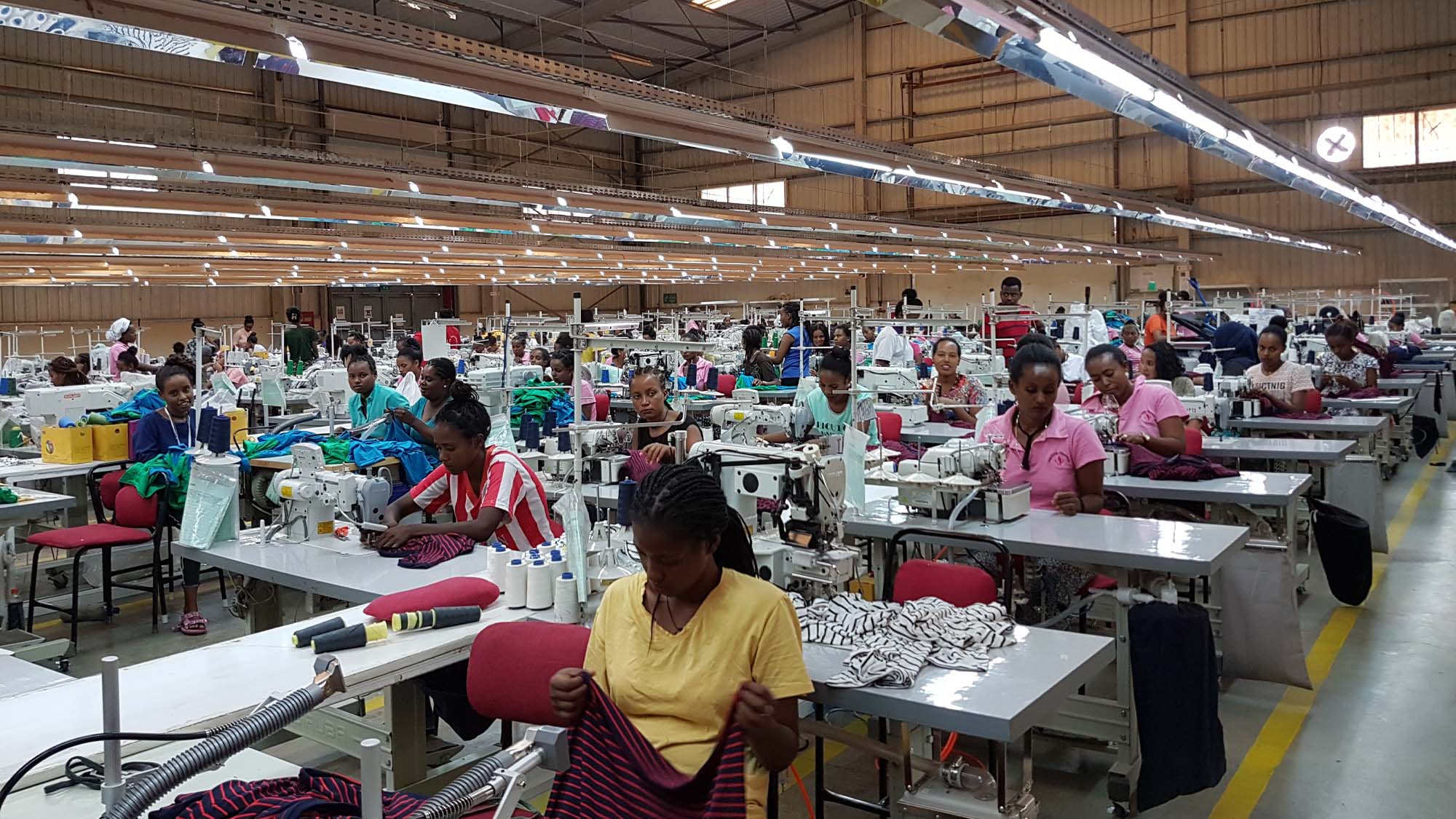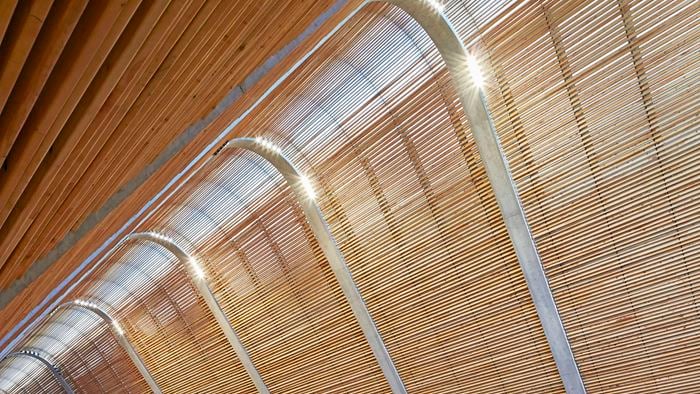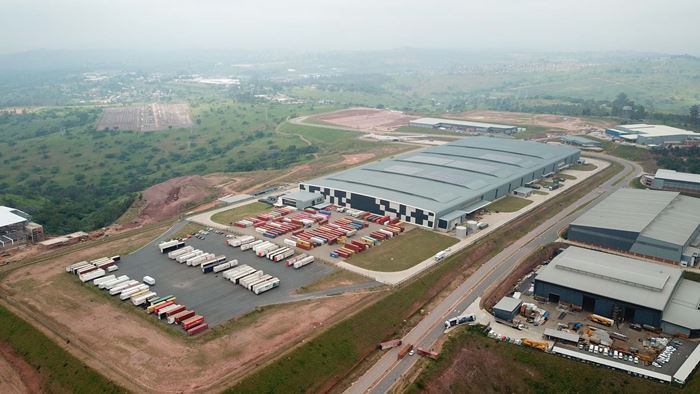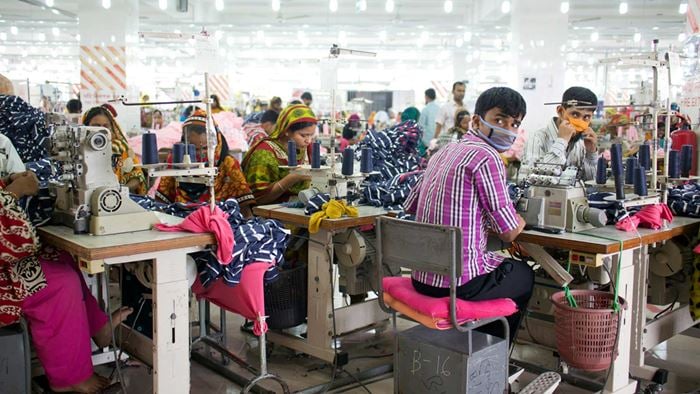Kenya has a leading and growing textile, apparel, and footwear manufacturing sector. As the sector continues to expand, sustainable trade will need to grow at an equal pace.
IDH, the Sustainable Trade Initiative focuses on empowering people within corporations, the global financial sector and governments that have the most influence over value chains to create the greatest impact. In the textiles and apparel sector, it aims to achieve transformation in terms of sustainability and working conditions. To attain this, IDH collaborates with various stakeholders to identify and scale solutions to promote and embed sustainability within the sector.
In 2022, IDH appointed Arup to complete an assessment on the current state of the textile, apparel, and footwear sector in Kenya. The objective of the project was to understand the current state of occupational health and safety, worker well-being, and building safety in the industry.
Working closely with IDH, our research identified several key trends that will help to chart a roadmap towards supporting a safe, fair, and more sustainable textile, apparel, and footwear sector in Kenya. In addition, we identified potential opportunities for collaboration with other stakeholders to scale the efforts towards transformation.
Ensuring sustainable trade
To develop our understanding of worker safety and wellbeing, we assessed occupational health and safety, social welfare, fire safety, structural safety, and electrical safety in Kenya’s textile, apparel, and footwear factories – as well as the sector’s broader sustainability objectives. We carried out secondary research and interviewed various stakeholders across multiple disciplines in the private and public sectors. Our team visited a leading export manufacturer in Nairobi to gain valuable first-hand insights from the factory floor. Additionally, we also used our experience of working in the textile and apparel sector in Bangladesh, India and Vietnam.
Our findings identified that there are opportunities to upgrade the infrastructure in existing factories, which will contribute to improving worker wellbeing and building the capacity of stakeholders across the value chain. These will help improve the competitiveness of Kenya’s textile and apparel industry on the world stage. We also made IDH aware of other initiatives within the sector that can create opportunities for collaboration to scale up the efforts towards a more sustainable sector.
Identifying the roadmap to change
The current state report will enable IDH to identify additional initiatives through which they can support the textile and apparel sector in Kenya. These initiatives will contribute to a more sustainable value chain and unlock opportunities for global buyers interested in local businesses.
IDH has also developed a program, In Sustainable Textile and Apparel Parks (INSTEP), that aims to support countries in improving the environmental and social performance of their industrial production. As part of the implementation of this program, IDH has commissioned Arup to develop a Global Assessment Framework (GAF) that examines the social and environmental aspects of industrial parks in Kenya, Vietnam, and Ethiopia. The GAF tool will support the continuous improvement and transformation of the textile and apparel sector.
 ;
;





